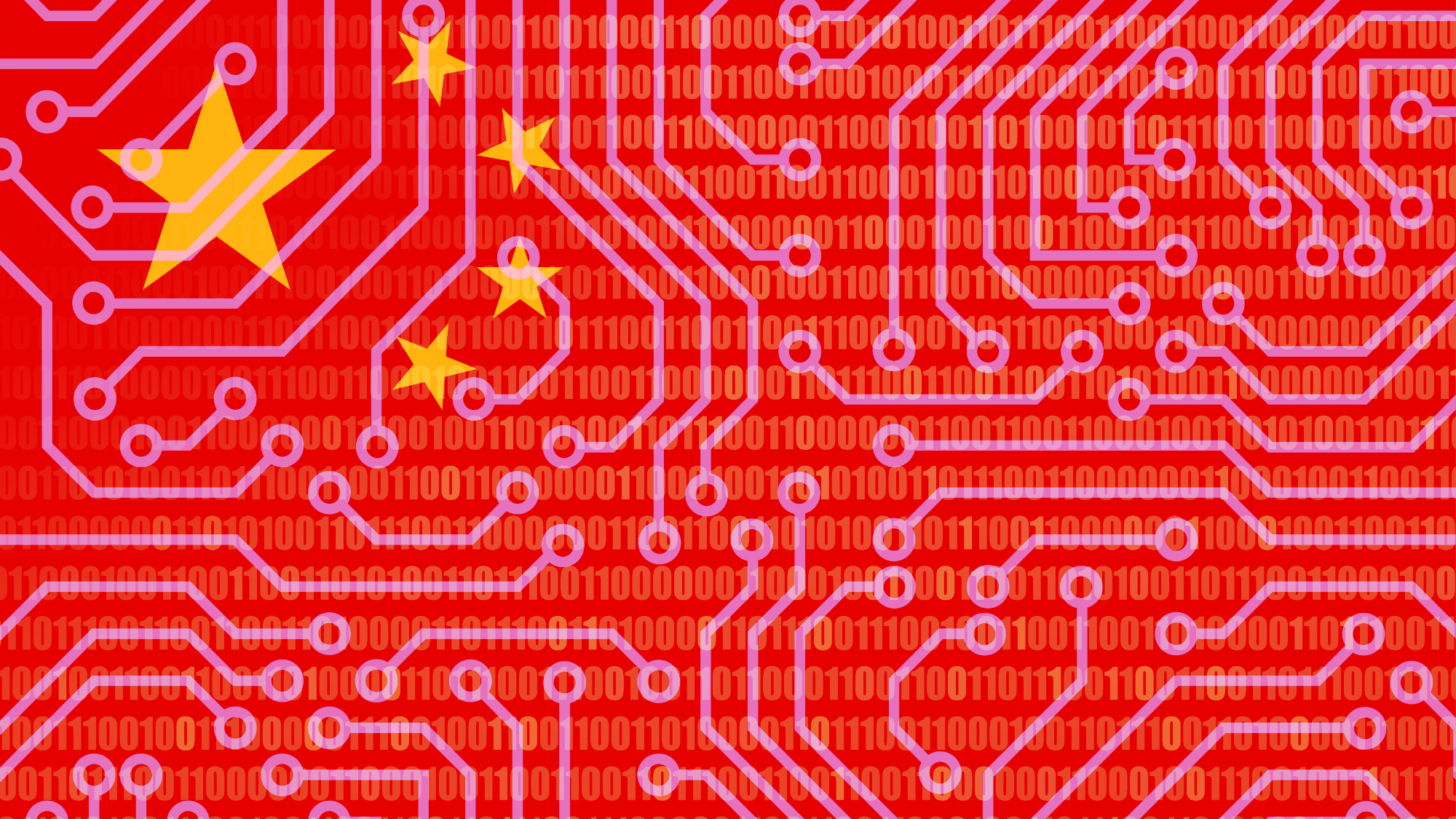China officials overseeing allocation of high-end AI chips, prioritizing homegrown options — government's AI chip pivot accelerates as US export restrictions bite
Huawei accelerators gain traction as Chinese cloud giants retrain away from Nvidia silicon.

Restrictions on U.S. chip exports are beginning to force visible shifts in China’s AI compute strategy, as a shortage of Nvidia accelerators drives cloud providers toward domestic alternatives. According to new reporting by The Wall Street Journal, supply has become tight enough that government officials are now overseeing allocation of remaining high-end parts, prioritizing homegrown options like Huawei’s Ascend series for training and inference workloads.
The impact is reportedly most visible in China’s public cloud and state-funded data center projects, which are now formally barred from using foreign AI chips. The directive follows earlier efforts by Beijing to promote domestic hardware through subsidies and procurement preference, but the latest guidance is more absolute. Chinese developers are rewriting code and restructuring workloads to run on domestic accelerators like Huawei’s Ascend 910B and 910C, as a result, which are less powerful than Nvidia’s latest GPUs.
As for the Ascend 910C, it’s emerging as a default choice. An updated version of the company’s 910B, the 910C combines two 910B dies in one package and reportedly began mass shipments this spring. Multiple Chinese developers are thought to already be using it for model training, making it the first domestic chip deployed at this scale for large-scale AI.
Alibaba and Baidu, two of China’s largest cloud providers, have begun shifting workloads to their in-house AI silicon as well. Baidu recently revealed a new version of its Baige training platform that runs entirely on Chinese-made hardware and software, designed to keep its product road map moving without access to the latest Nvidia parts.
Meanwhile, others are trying to work around supply chains. Some Chinese companies have routed training runs through overseas subsidiaries, while others are relying on second-hand or refurbished Nvidia accelerators that predate the latest U.S. rules or procuring chips through grey-market brokers.
With Chinese developers pushing into less mature hardware ecosystems, memory bandwidth is becoming a key constraint. As we reported in September, Chinese memory firms like YMTC and CXMT are exploring HBM production to support domestic accelerators, but no large-scale supply has materialized.
For Nvidia, export restrictions and the growing pivot away from its products in China have eroded its entire share in what was once one of its biggest markets.
Get Tom's Hardware's best news and in-depth reviews, straight to your inbox.

Follow Tom's Hardware on Google News, or add us as a preferred source, to get our latest news, analysis, & reviews in your feeds.

Luke James is a freelance writer and journalist. Although his background is in legal, he has a personal interest in all things tech, especially hardware and microelectronics, and anything regulatory.